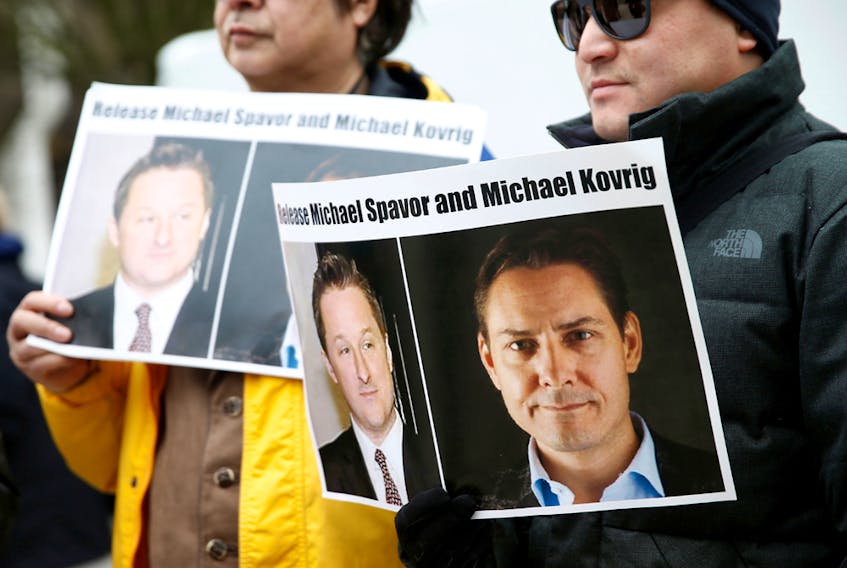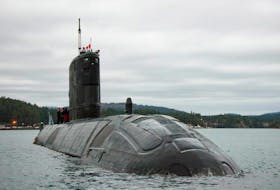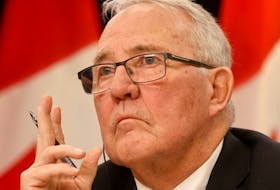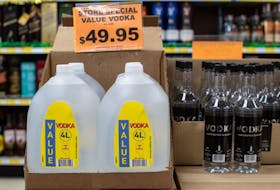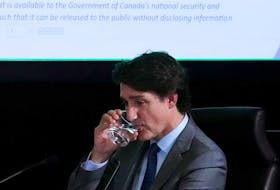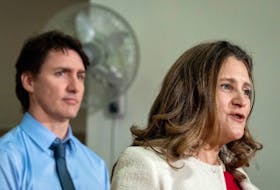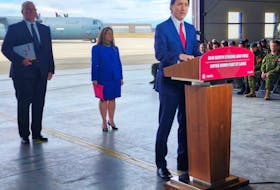Justin Trudeau said that he “deeply disagrees” with the idea of buckling to Chinese pressure and ending the extradition process surrounding Huawei executive, Meng Wanzhou, as a means of securing the release of two Canadians facing espionage charges in China.
That should come as no surprise.
After all, he once told his own mother that if she or his children were held hostage, he would not compromise his office to save them.
In 2016, two Canadians were kidnapped by Filipino jihadists with allegiances to Islamic State. John Ridsdel was beheaded almost immediately but Robert Hall was held as a prisoner by militants in the southern Philippines.
It was Trudeau’s first test of Canada’s no-ransom policy — a policy that may not have been as rigid as the government claimed (leaked U.S. memos suggested the Harper government had contributed to ransom cash to free diplomats Robert Fowler and Louis Guay in 2009). But Trudeau was adamant. “Paying ransom for Canadians would endanger the lives of every single one of the millions of Canadians who live, work and travel round the globe every year,” he said.
Hall ’s severed head was found a month or so later.
Trudeau’s position was resolute — to the point where he is said to have told his mother Margaret that if she or his children were ever kidnapped, he would have to “do his duty” — just as his father Pierre had done at the time of the October Crisis in 1970, when British trade commissioner, James Cross, and Quebec labour minister, Pierre Laporte, were kidnapped by the Front de libération du Québec (Cross was released but Laporte was murdered).
As part of the research for my book on Trudeau , I asked him if his decision in the Hall case haunted him.
“I’ll remember it forever but it was not necessarily a difficult decision, in the sense that it was obvious you can’t negotiate with terrorists and put at risk the lives of millions of Canadians around the world,” he said.
He used similar language on Thursday in his daily press conference. “If countries around the world, including China, realize that by arbitrarily arresting Canadians, they can get what they want out of Canada politically, that would make an awful lot more Canadians who travel around the world vulnerable to that kind of pressure,” he said.
The family of one of the detained Canadians, Michael Kovrig, has put pressure on Trudeau’s position this week by releasing a legal opinion that Justice Minister David Lametti has the power under the Extradition Act to order Meng’s release.
Extradition is an executive decision, more a matter of diplomacy than law, according to lawyer Brian Greenspan.
That point was endorsed by 19 high profile former politicians, diplomats, academics, judges and journalists, including former hostage Fowler. They made the case that the government should release Meng and negotiate with the Chinese for the release of Kovrig and the other Canadian, Michael Spavor. Doing so would be in accordance with the rule of law and free up the government to redefine a harder line with China.
As Fowler told the CBC, “Make concessions. It’s an imperfect world.”
But Trudeau’s response was unwavering. “I respect these individuals but they are wrong in their approach,” he said.
The Chinese government, which has to this point denied any link between Meng’s detention and the arrest of the two Michaels, pointed to the legal opinion as an opportunity for a deal. “Such options are within the rule of law and could open up space for resolution to the situation of the two Canadians,” said Zhao Lijian, a spokesman for the Chinese Ministry of Foreign Affairs.
But Trudeau is surely correct that bending to such blatant extortion would create a dangerous precedent.
The clandestine efforts to free Fowler were one thing; a very public capitulation to the Chinese over Meng is quite another.
The recognition by the Chinese that the detentions of Meng, Kovrig and Spavor are linked indicates that China is as far beyond the norms of acceptable behaviour as any terror group.
Trudeau told reporters that Canada must remain “steadfast and strong” in its position and “say clearly in actions and words that randomly arresting Canadians doesn’t give you leverage over the government of Canada.”
It is not news the families want to hear. The prime minister said he has met with a number of family members and “feels deeply” for the hardship they are facing.
But this is a man who was raised by a father who had stared down terrorists.
Pierre said the October Crisis taught him that it is “essential to have at the helm of state, a very firm hand, one that sets a course that never alters, that does not attempt to do everything at once out of excitement or confusion.”
The consequence of making such life and death decisions weighed heavily on the father — as they likely do on the son. Margaret Trudeau later noted of her husband that on the night Laporte was killed, she heard him crying. “It was as if Laporte’s death lay on his shoulders alone: he was the one who wouldn’t negotiate, he was the man who would now have to take responsibility for the murder of an innocent man. It gave him a new bitterness, a hard sadness I had never seen before.”
It is the son’s turn to make those kinds of grave decisions, with family members like Kovrig’s father Bennett stating publicly that failure to negotiate a deal is “tantamount to a historic betrayal.”
Trudeau said his government continues to “look at a range of options,” when asked about the prospect of revoking Chinese student visas or sanctioning officials involved in the case of the two Michaels.
But it is clear from all he has said since taking office that whatever action follows, the option of a furtive prisoner swap has been ruled out.
• Email: [email protected] Twitter: IvisonJ
Copyright Postmedia Network Inc., 2020

